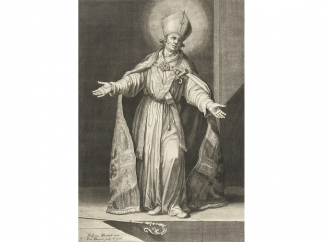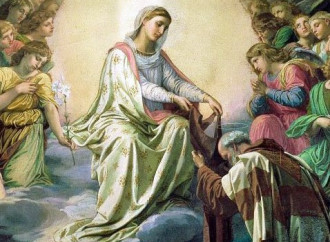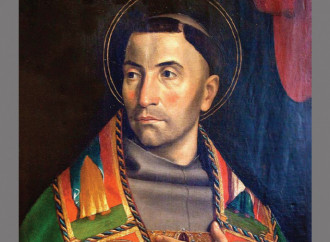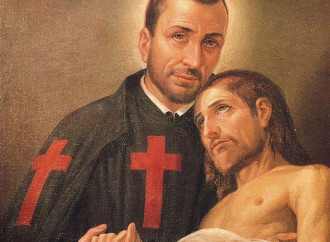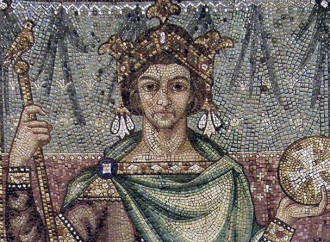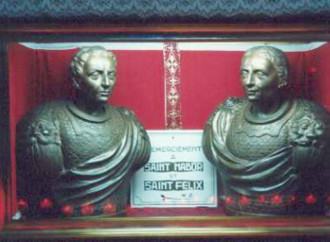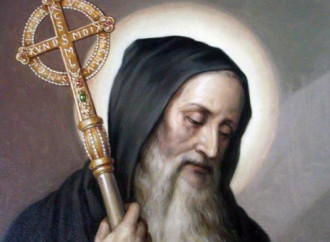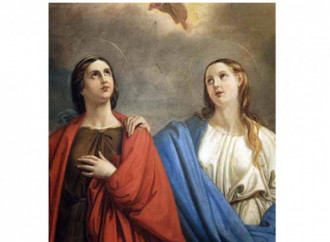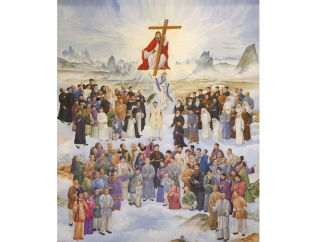Saint Apollinaris
The two early Christian basilicas of Ravenna that bear his name, Sant'Apollinare in Classe and Sant'Apollinare Nuovo, are known all over the world thanks to their splendid mosaics.
Saint Macrina the Younger
She grew up in that family extremely rich in blessed souls, of which her brothers Basil the Great and Gregory of Nyssa are the two best known members, and whose rise to holiness was favoured precisely by the virtues of their elder sister
Saint Alexius
He has been over the centuries a source of inspiration for men of letters and artists
Our Lady of Mount Carmel
This feast is one of the dearest to Christian piety. Considering the wealth of biblical and mystical references attached to it, one could also say that it manifests in a special way the beauty of God's saving plan.
Saint Bonaventure
He was one of the great protagonists of 13th century philosophical and theological thought, when the Christian faith showed all its capacity to influence culture
Saint Camillus de Lellis
The founder of the Ministers of the Infirm obtained permission to sew on the black habit, at chest height, a cross in red cloth, symbol of the redeeming Blood shed by Jesus
Saint Henry II
Together with his wife, Saint Cunigunde, he promoted the building of churches and monasteries and contributed to the renewal of the Church
Saints Nabor and Felix
Saint Ambrose extolled their virtues in the hymn Victor, Nabor, Felix pii, also dedicated to Saint Victor, their comrade-in-arms
Saint Benedict of Nursia
Patron saint of Europe, with his life glorified the Creator and made a fundamental contribution to the formation of European civilization
Saints Rufina and Secunda
They were two sisters, both betrothed, who put God first and suffered martyrdom during Valerian's persecutions
Holy Chinese Martyrs
The liturgical calendar commemorates today the heroic testimony of a large number of martyrs who made themselves imitators of Christ crucified in order to guard their greatest gift, faith


